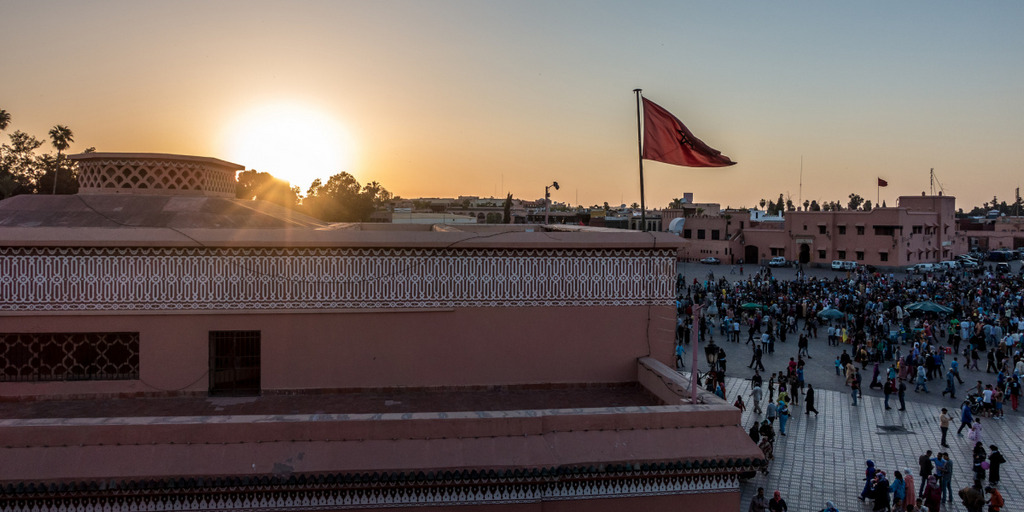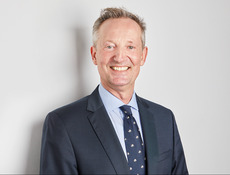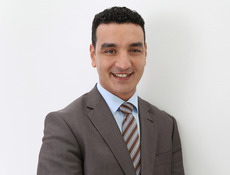
Mario Micklisch/ Flickr - CC BY 2.0, https://creativecommons.org/licenses/by/2.0/
A national office for migration and displacement in Morocco
Moroccan refugees and migrants are often viewed unfavorably in Germany following the events that took place in Cologne on New Year's Eve. Their culture seems foreign and their political challenges very different from those faced by European nations. As is in Europe, however, Morocco's government is confronted with pressing issues resulting from integration and migration.
Many of Europe's immigrants have traditionally come from Morocco. Over 10 percent of all Moroccans currently live outside their native country, and 85 percent of expatriate Moroccans live in the EU. For many, the decision to emigrate – a trend that continues today – began with the post-war economic boom. In the 1960s, European countries recruited workers from North African nations in order to meet their considerable demand for labor. The remittances that Moroccan emigrants send home are a crucial part of the country's economy and national budget.
Morocco as both a transit and destination country for refugees
The Kingdom of Morocco is no longer just a nation of emigrants. It has now become both a transit and destination country for refugees and migrants from Africa and the Middle East. Most immigrants to Morocco come from West Africa, relatively few from the war-torn areas in Syria and Iraq. For some, Morocco is only an interim stop on their way to Europe; others want to stay. The country is also under political pressure due to demands in Europe that border controls in the EU be increased and that Morocco be designated a "safe country of origin" to which its nationals can be repatriated.
By royal decree
As a result, Morocco's political system must increasingly address the issues of asylum, integration, repatriation and work-related migration. The King of Morocco thus decreed in September 2013 that a national integration and migration policy be developed. A national office for migration and displacement is to be created, based in part on experiences gained in Germany and elsewhere in Europe. One of its goals will be to establish a standardized procedure for asylum applications.
Yet how large is the gap between Morocco's political objectives and conditions on the ground? And how is the issue of migration affecting the North African country's relations with Germany and Europe? Authors Christian Hanelt and Najim Azahaf provide background information in our Fact Sheet: Morocco.
About our series
Released at regular intervals, each report in our series Facts on the European Dimension of Displacement and Asylum examines a country affected by the current refugee situation. In addition to issues relating to displaced persons and human rights, each country's level of democratization is examined in detail, along with its economic structures and rule of law. Its relationship with the European Union is also discussed, as are possibilities for cooperating with Brussels. Past reports looked at Turkey, Ukraine, Libya and Syria. Our sixth report, scheduled for publication in June, will focus on Lebanon.
The complete analysis for Morocco is available here.




